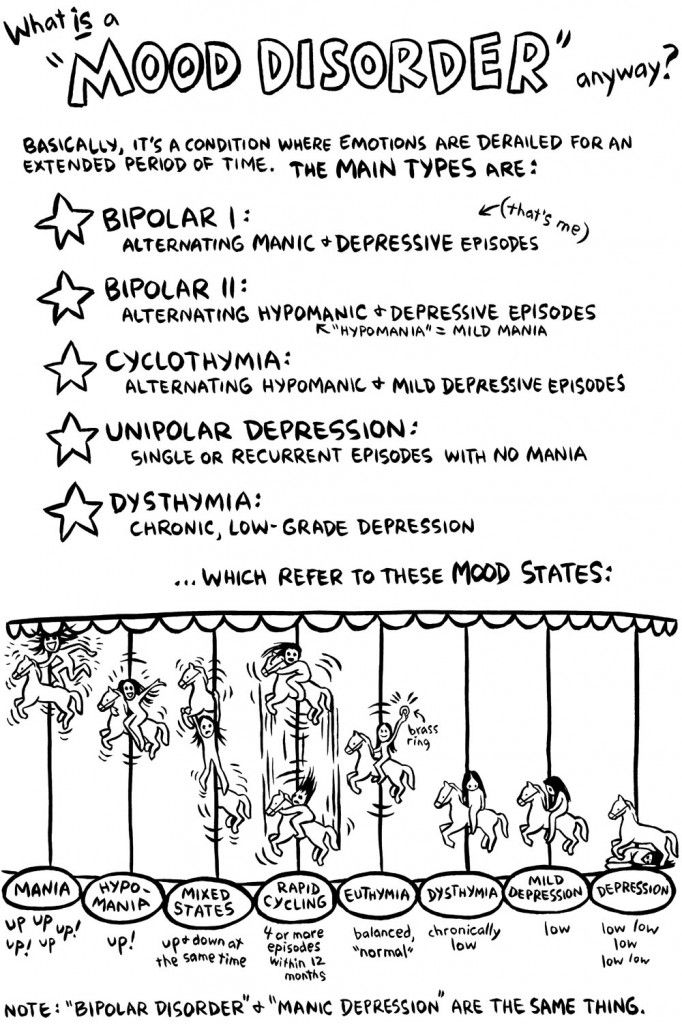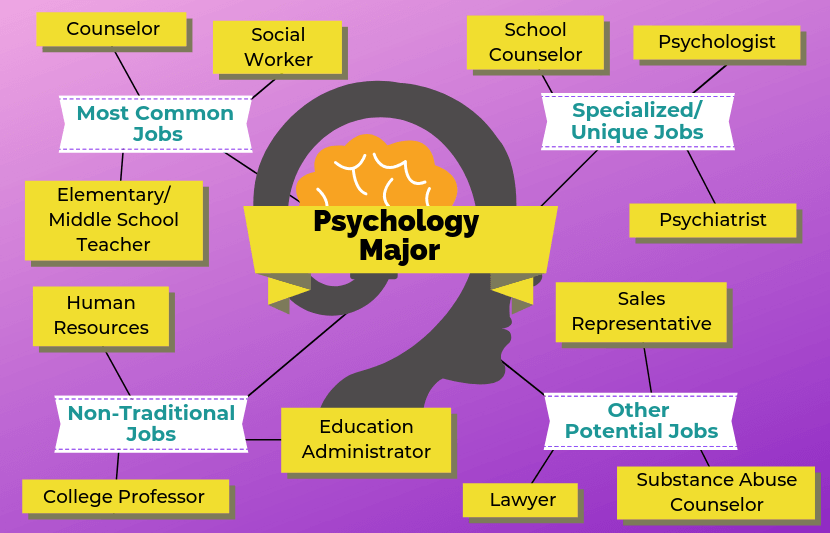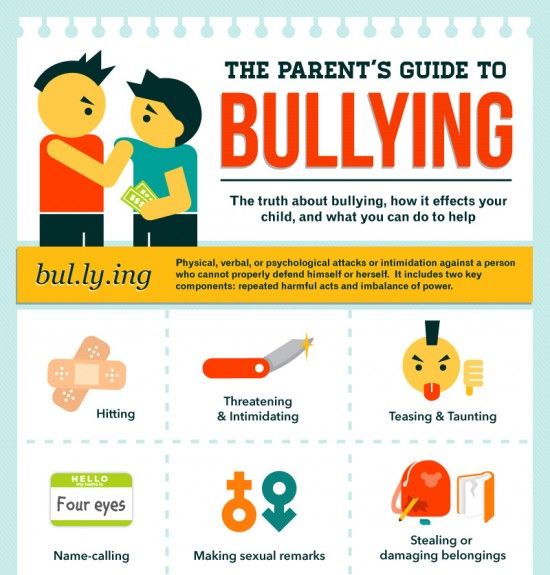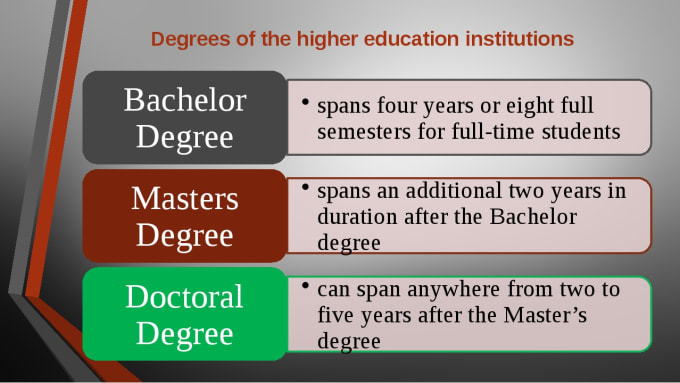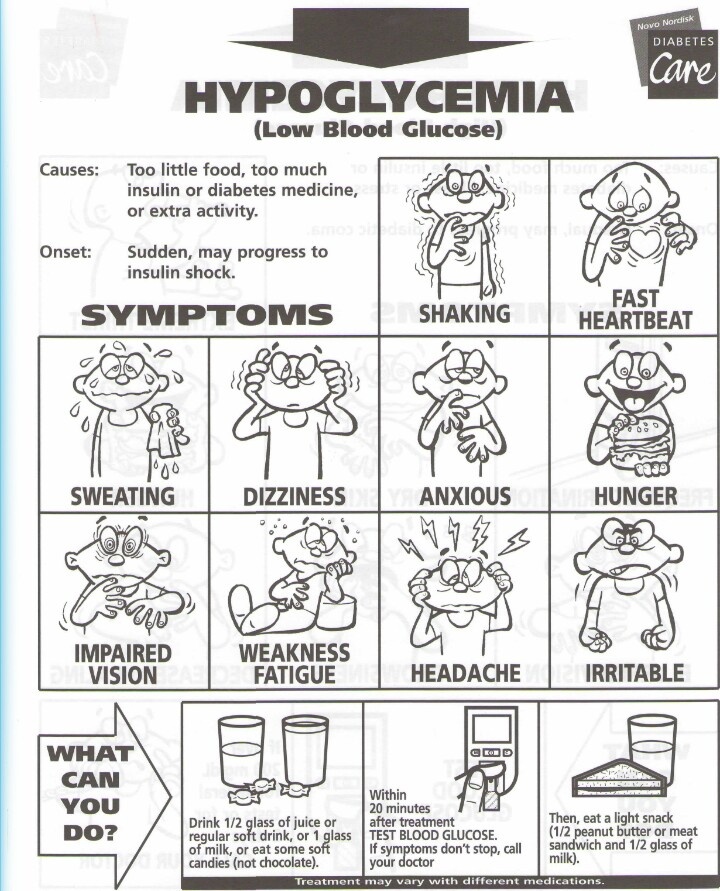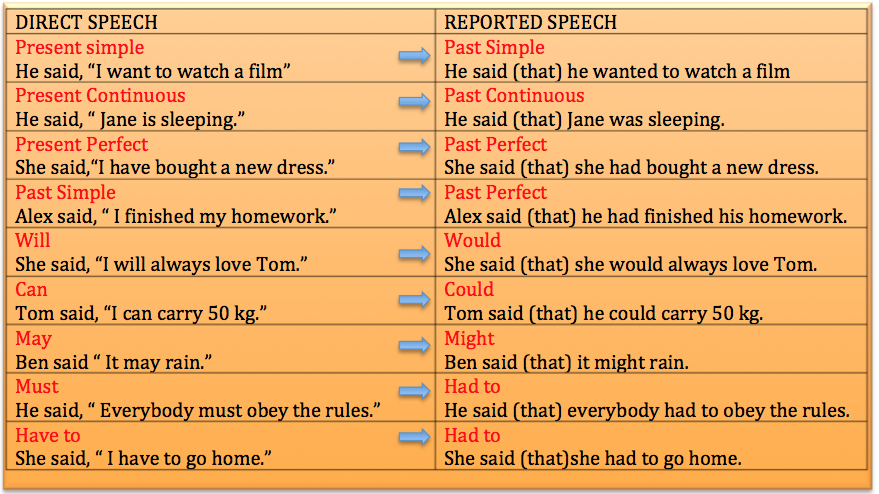Family alienation syndrome
Parental Alienation Syndrome — The Parent/Child Disconnect
November/December 2008 Issue
Parental Alienation Syndrome — The Parent/Child Disconnect
By Amy J. L. Baker, PhD
Social Work Today
Vol. 8 No. 6 P. 26
Divorce and separation can breed bad blood between parents and children when one partner uses the children to target the other partner.
Among the many areas of concern for social workers working with divorced or separated couples with children are two related problems: parental alienation, or the efforts on the part of one parent to turn a child against the other parent, and parental alienation syndrome, or a child’s unwarranted rejection of one parent in response to the attitudes and actions of the other parent. Social workers may encounter these problems in a number of settings, such as family service agencies, schools, and family court, as well as in private practice working with high-conflict divorcing couples, parents who believe that the other parent has or will turn the children against them, alienated children refusing to see a parent, adults who are still alienated from a parent, or elders who have “lost” their children to parental alienation.
While some social workers may be unaware of the name for this particular phenomenon, they have probably dealt with it over the course of their careers. For example, clients may enter individual therapy presenting with anxiety, depression, or relationship problems and later reveal that they have been cut off from one parent by another parent. These clients may be unaware of the meaning of the lost relationship and may even minimize its effect on their growth, development, and current mental health concerns.
Children referred to a school social worker for acting out or experiencing academic problems may casually reveal that they have no contact with a “hated” parent. When questioned about the absent parent, these children may vehemently denounce the parent as “good riddance to bad rubbish.” The family of such a child may be maneuvering behind the scenes to exclude the other parent from the child’s school life by misrepresenting that parent’s intentions to school staff, withholding information from that parent to create the appearance of a lack of interest, and removing contact information from school records.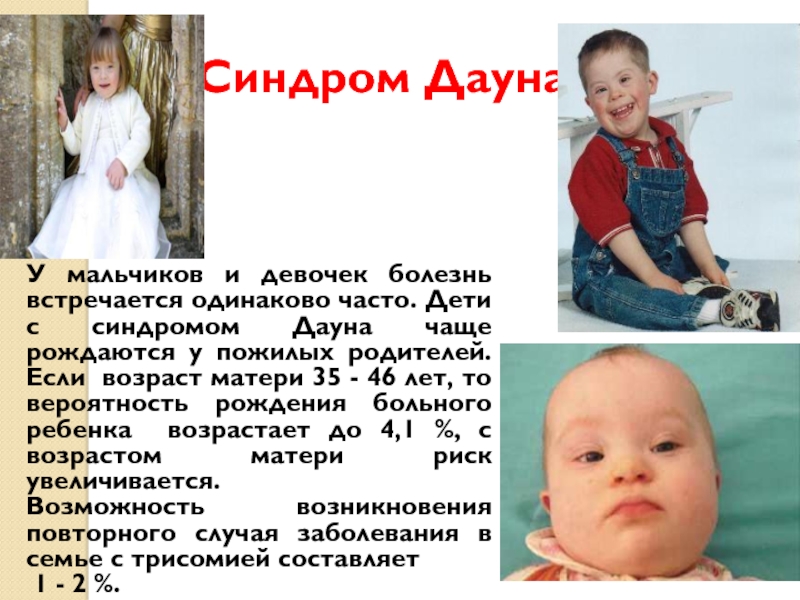
A third scenario is represented by clients who enter therapy consumed with fear that the other parent is turning the children against them. Such parents will be desperate for advice and guidance about how to cope with the chronic provocation of the other parent. These parents live with anxiety, depression, and helplessness, as well as feelings of victimization by the other parent, the child, and myriad systems (legal, mental health, school) that are not always responsive to the needs of targeted parents.
In all these cases, social workers may formulate a hypothesis that one parent has engineered the child’s rejection of the other parent. However, unless the social worker is familiar with parental alienation and parental alienation syndrome, he or she is missing a useful conceptual framework for understanding how one parent is able to poison a child’s relationship with the other parent in the absence of just cause.
Parental alienation is a set of strategies that a parent uses to foster a child’s rejection of the other parent.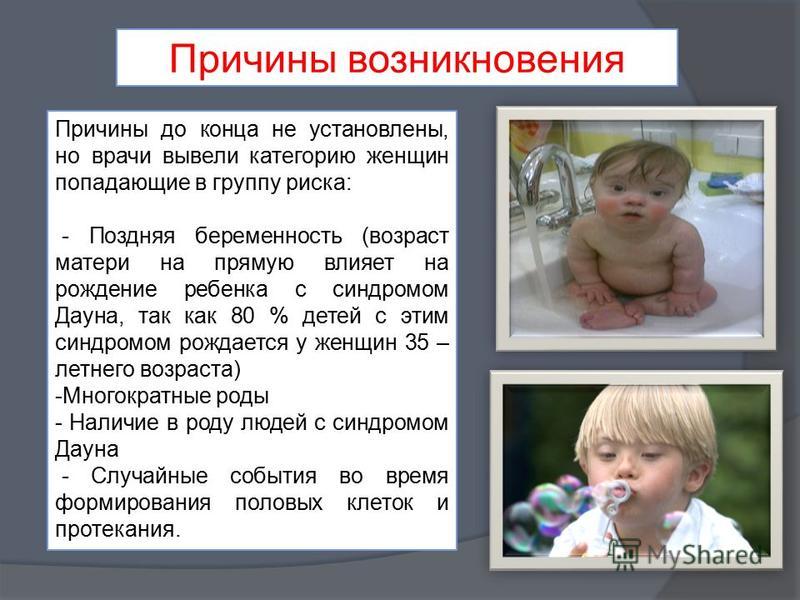 Parental alienation syndrome develops in children who come to hate, fear, and reject the targeted parent as someone unworthy of having a relationship with them. Richard Gardner, PhD, who coined parental alienation syndrome, described in The Parental Alienation Syndrome: A Guide for Mental Health and Legal Professionals that there are eight behavioral components that have been validated in a survey of 68 targeted parents of severely alienated children (Baker & Darnall, 2007).
Parental alienation syndrome develops in children who come to hate, fear, and reject the targeted parent as someone unworthy of having a relationship with them. Richard Gardner, PhD, who coined parental alienation syndrome, described in The Parental Alienation Syndrome: A Guide for Mental Health and Legal Professionals that there are eight behavioral components that have been validated in a survey of 68 targeted parents of severely alienated children (Baker & Darnall, 2007).
Eight Manifestations of Parental Alienation Syndrome
1. A Campaign of Denigration
Alienated children are consumed with hatred of the targeted parent. They deny any positive past experiences and reject all contact and communication. Parents who were once loved and valued seemingly overnight become hated and feared.
2. Weak, Frivolous, and Absurd Rationalizations
When alienated children are questioned about the reasons for their intense hostility toward the targeted parent, the explanations offered are not of the magnitude that typically would lead a child to reject a parent.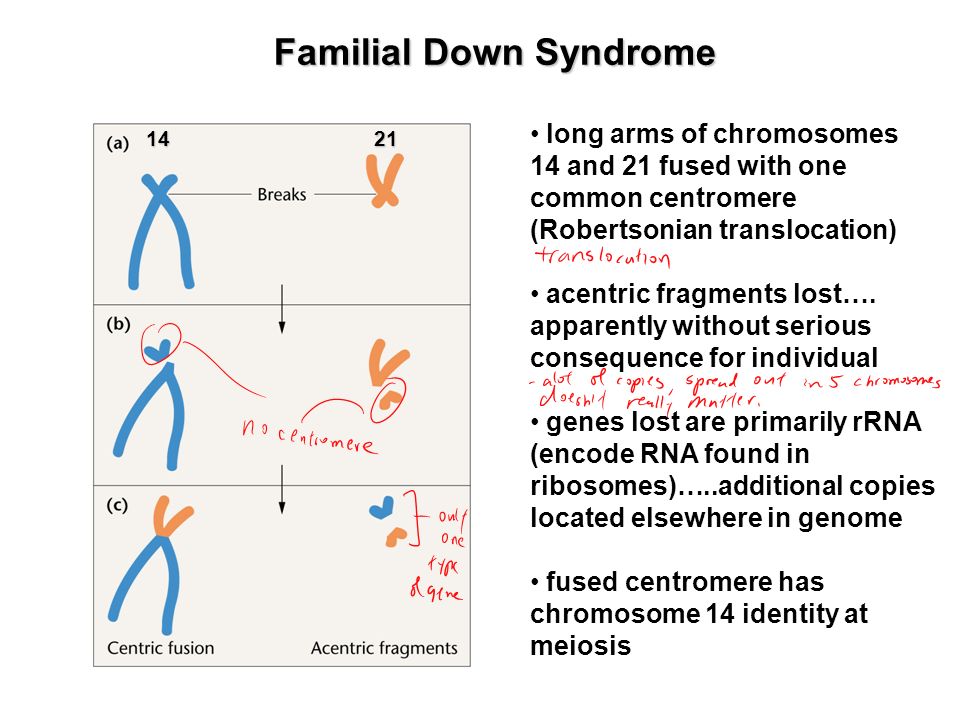 These children may complain about the parent’s eating habits, food preparation, or appearance. They may also make wild accusations that could not possibly be true.
These children may complain about the parent’s eating habits, food preparation, or appearance. They may also make wild accusations that could not possibly be true.
3. Lack of Ambivalence About the Alienating Parent
Alienated children exhibit a lack of ambivalence about the alienating parent, demonstrating an automatic, reflexive, idealized support. That parent is perceived as perfect, while the other is perceived as wholly flawed. If an alienated child is asked to identify just one negative aspect of the alienating parent, he or she will probably draw a complete blank. This presentation is in contrast to the fact that most children have mixed feelings about even the best of parents and can usually talk about each parent as having both good and bad qualities.
4. The “Independent Thinker” Phenomenon
Even though alienated children appear to be unduly influenced by the alienating parent, they will adamantly insist that the decision to reject the targeted parent is theirs alone.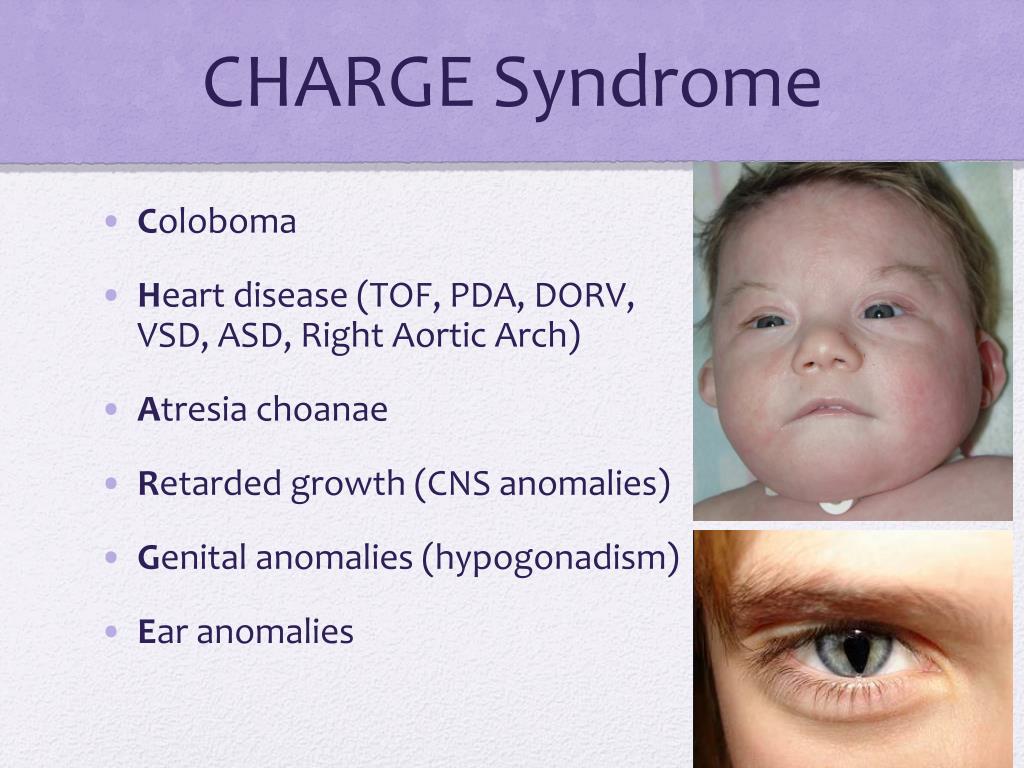 They deny that their feelings about the targeted parent are in any way influenced by the alienating parent and often invoke the concept of free will to describe their decision.
They deny that their feelings about the targeted parent are in any way influenced by the alienating parent and often invoke the concept of free will to describe their decision.
5. Absence of Guilt About the Treatment of the Targeted Parent
Alienated children typically appear rude, ungrateful, spiteful, and cold toward the targeted parent, and they appear to be impervious to feelings of guilt about their harsh treatment. Gratitude for gifts, favors, or child support provided by the targeted parent is nonexistent. Children with parental alienation syndrome will try to get whatever they can from that parent, declaring that it is owed to them.
6. Reflexive Support for the Alienating Parent in Parental Conflict
Intact families, as well as recently separated and long-divorced couples, will have occasion for disagreement and conflict. In all cases, the alienated child will side with the alienating parent, regardless of how absurd or baseless that parent’s position may be.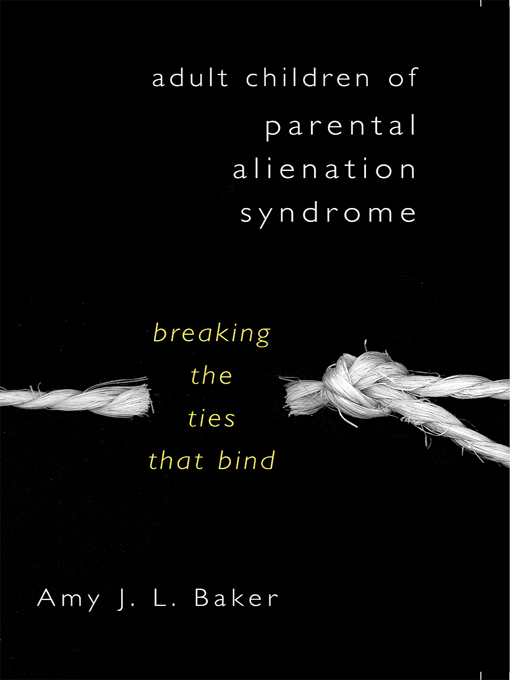 There is no willingness or attempt to be impartial when faced with interparental conflicts. Children with parental alienation syndrome have no interest in hearing the targeted parent’s point of view. Nothing the targeted parent could do or say makes any difference to these children.
There is no willingness or attempt to be impartial when faced with interparental conflicts. Children with parental alienation syndrome have no interest in hearing the targeted parent’s point of view. Nothing the targeted parent could do or say makes any difference to these children.
7. Presence of Borrowed Scenarios
Alienated children often make accusations toward the targeted parent that utilize phrases and ideas adopted from the alienating parent. Indications that a scenario is borrowed include the use of words or ideas that the child does not appear to understand, speaking in a scripted or robotic fashion, as well as making accusations that cannot be supported with detail.
8. Rejection of Extended Family
Finally, the hatred of the targeted parent spreads to his or her extended family. Not only is the targeted parent denigrated, despised, and avoided but so are his or her extended family. Formerly beloved grandparents, aunts, uncles, and cousins are suddenly and completely avoided and rejected.
Formerly beloved grandparents, aunts, uncles, and cousins are suddenly and completely avoided and rejected.
In a recent study (Baker & Darnall, 2007), targeted parents rated their children as experiencing these eight behavioral manifestations in a way that was generally consistent with Gardner’s theory. Parents reported that their children exhibited the eight behaviors with a high degree of frequency. One exception was alienated children being able to maintain a relationship with some members of the targeted parent’s extended family, which occurred in cases where that relative was actually aligned with the alienating parent. This suggests that the context of the contact with the targeted parent’s extended family (that relative’s role in the alienation) needs to be understood prior to concluding whether this component is present in the child.
Study of Adult Children of Parental Alienation Syndrome
Gardner identified parental alienation syndrome only 20 years ago.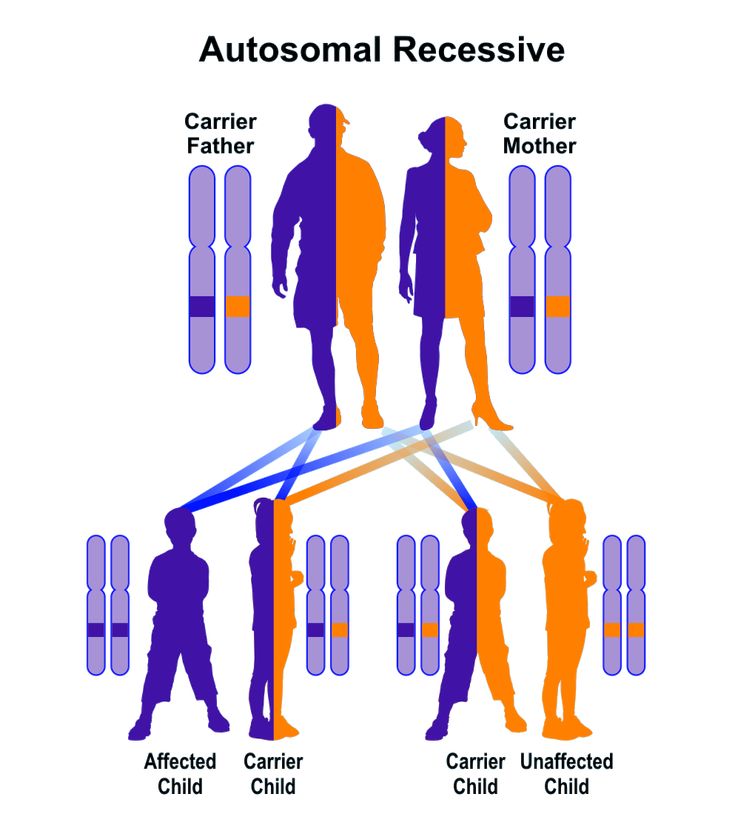 However, researchers and clinicians have been concerned about these cross-generational alliances for much longer. For example, divorce researchers such as Wallerstein and colleagues (2001) have noted that some children develop unhealthy alliances with one parent while rejecting the other. Family therapists have observed that, when a child is “taller” than a parent (i.e., able to look down on), it is usually because he or she is standing on the shoulders of the other parent (i.e., being supported by).
However, researchers and clinicians have been concerned about these cross-generational alliances for much longer. For example, divorce researchers such as Wallerstein and colleagues (2001) have noted that some children develop unhealthy alliances with one parent while rejecting the other. Family therapists have observed that, when a child is “taller” than a parent (i.e., able to look down on), it is usually because he or she is standing on the shoulders of the other parent (i.e., being supported by).
Although this problem has long been of concern to mental health practitioners, little research has been conducted on the specific problem of children rejecting one parent due to the overt or covert influence of the other. In contrast to the dearth of research, demand for knowledge about parental alienation and parental alienation syndrome is overwhelming. There are several Web sites devoted to this problem, many of which receive tens of thousands of visits each year. The few books on divorce that discuss this problem are best sellers, and there are several Internet chat groups comprised of anxious parents who fear that the other parent of their child is turning their child against them. Saddest of all are the parents who have already lost their child to parental alienation syndrome and want to know whether they will ever get the child back.
The few books on divorce that discuss this problem are best sellers, and there are several Internet chat groups comprised of anxious parents who fear that the other parent of their child is turning their child against them. Saddest of all are the parents who have already lost their child to parental alienation syndrome and want to know whether they will ever get the child back.
This is the question that guided the current study on parental alienation syndrome of adults who as children had been turned against one parent by their other parent (Baker, 2007). In order to participate in the study, the individuals needed to have been alienated from one parent as a child and had to believe that the alienation was at least in part due to the actions and attitudes of the other parent. Forty adults participated in in-depth, semistructured telephone interviews. A content analysis was conducted. Some of the major themes and research findings relevant to the work of social workers are the following:
Findings
Different Familial Contexts
Parental alienation syndrome can occur in intact families, as well as divorced families, and can be fostered by fathers, mothers, and noncustodial and custodial parents. The prototypical case is a bitter ex-wife turning the children against the father in response to postdivorce custody litigation. That is one but not the only pattern. Mental health professionals should be aware that other familial contexts exist within which parental alienation syndrome can occur so as to avoid ruling out parental alienation syndrome as an explanation because the family context does not fit the prototype.
The prototypical case is a bitter ex-wife turning the children against the father in response to postdivorce custody litigation. That is one but not the only pattern. Mental health professionals should be aware that other familial contexts exist within which parental alienation syndrome can occur so as to avoid ruling out parental alienation syndrome as an explanation because the family context does not fit the prototype.
Emotional, Physical, and Sexual Abuse
Many of the interviewees revealed that the alienating parent had emotionally, physically, or sexually abused them. These data should help put to rest the prevailing notion that all children (in their naive wisdom) will ally themselves with the parent better able to attend to their needs. The people interviewed appeared to side with the parent on whom they had become dependent and whose approval they were most afraid of losing, not the parent who was most sensitive or capable.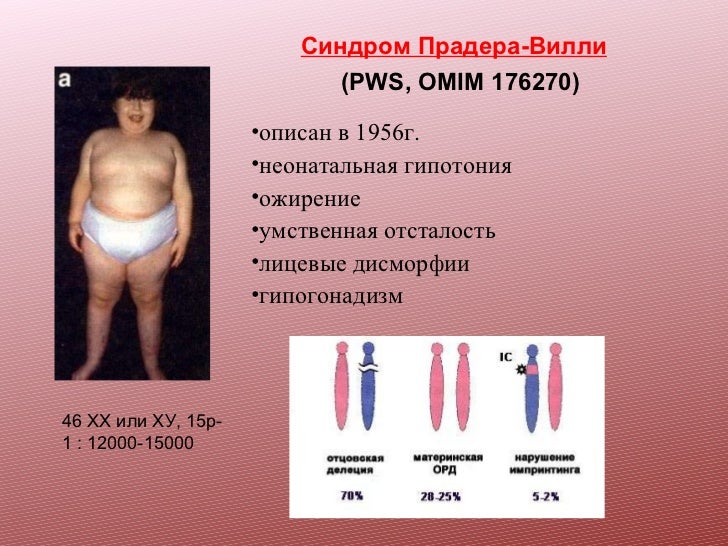
Apparent Psychopathology
A related finding is that many of the alienating parents appeared to have features of narcissistic and/or have a borderline or antisocial personality disorder, as well as being active alcoholics. Thus, social workers providing individual therapy with a client who may have been alienated from one parent by the other should be aware of the importance of exploring these other abuse and trauma factors in the client’s early history.
Cult Parallels
Cults offer a useful heuristic for understanding parental alienation syndrome. Alienating parents appear to use many emotional manipulation and thought reform strategies that cult leaders use. Awareness of this analogy can help individuals who experienced parental alienation syndrome (and their therapists) understand how they came to ally with a parent who was ultimately abusive and damaging. The analogy is also helpful for understanding the recovery and healing process.
The research and clinical literature on recovery from cults offers useful ideas for therapists working with adult children of parental alienation syndrome. For example, the way in which a person leaves a cult has ramifications for the recovery process. Cult members can walk away from a cult, be cast out of a cult, or be counseled out of a cult. Those who walk away (come to the realization on their own that the cult is not healthy for them) and those who are counseled out (those who are exposed to a deliberate experience designed to instigate the desire to leave) tend to fare better than those who are cast out (those who are rejected from the cult for failing to meet its regulations and strictures) (Langone, 1994).
Regardless of how the cult is abandoned, leaving represents only the beginning of the recovery process. Considerable time and effort is required (usually in therapy) to process the experience and undo the negative messages from the cult that have become incorporated into the self. The same may be true of adult children of parental alienation syndrome.
The same may be true of adult children of parental alienation syndrome.
Different Pathways to Realization
There appear to be many different pathways to the realization that one has been manipulated by a parent to unnecessarily reject the other parent. Eleven catalysts were described by the interview participants. This represents both good and bad news. The good news is that there are many different ways to evolve from alienation to realization. The bad news is that there is no silver bullet or magic wand to spark that process. For some participants, it was a matter of time and gaining life experience. For others, it was the alienating parent turning on them and, for others, it was becoming a parent and being the target of parental alienation from their own children. For most, the process was just that—a process.
There were a few epiphanies, but most experienced something like a slow chipping away of a long-held belief system, a slow awakening to a different truth and a more authentic self.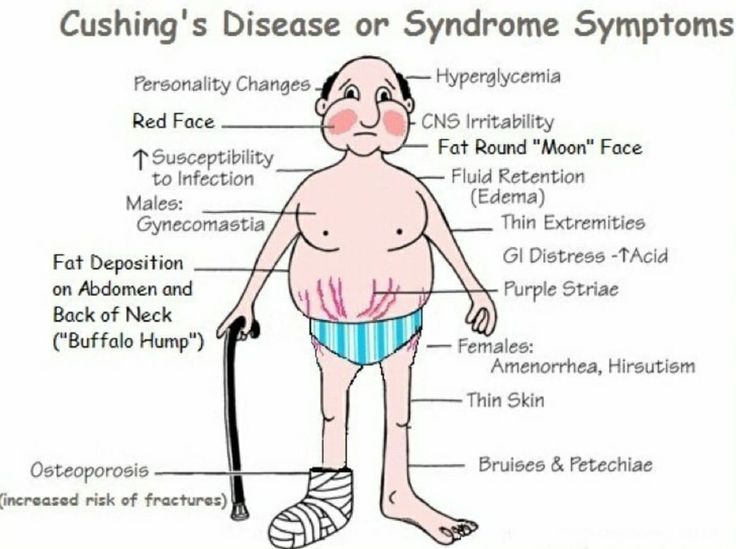 Most gained self-respect and a connection to reality and were grateful to know “the truth.” At the same time, they acknowledged that this truth was hard won and quite painful. Once they were aware of the parental alienation, they had to come to terms with some painful truths, including that the alienating parent did not have their best interest at heart, that as children they had probably behaved very badly toward someone who did not deserve such treatment, and that they missed out on a relationship that may have had real value and benefit to them.
Most gained self-respect and a connection to reality and were grateful to know “the truth.” At the same time, they acknowledged that this truth was hard won and quite painful. Once they were aware of the parental alienation, they had to come to terms with some painful truths, including that the alienating parent did not have their best interest at heart, that as children they had probably behaved very badly toward someone who did not deserve such treatment, and that they missed out on a relationship that may have had real value and benefit to them.
Long-Term Negative Effects
Not surprisingly, the adult children with parental alienation syndrome believed that this experience had negative long-term consequences for them. Many spoke of suffering from depression, turning to drugs and alcohol to numb the pain, failed relationships and multiple divorces and, most sadly, becoming alienated from their own children later in life.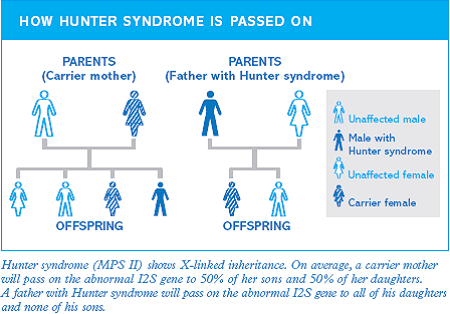 In this way, the intergenerational cycle of parental alienation syndrome was perpetuated.
In this way, the intergenerational cycle of parental alienation syndrome was perpetuated.
Wide Range of Alienation Tactics
The adult children with parental alienation syndrome described a range of alienating strategies, including constant badmouthing of the targeted parent, chronic interference with visitation and communication, and emotional manipulation to choose one parent over the other. These same strategies were confirmed in a subsequent study of close to 100 targeted parents (Baker & Darnall, 2006). More than 1,300 specific actions described were independently coded into 66 types, 11 of which were mentioned by at least 20% of the sample. There was considerable but not complete overlap in the strategies identified by the targeted parents with those described by adult children.
Working With Targeted Parents
Social workers counseling parents who are facing parental alienation need to offer support, education, and guidance. The social worker’s primary role is to help the client become educated about parental alienation (what are primary behaviors that turn a child against the other parent) and parental alienation syndrome (what are the behavioral manifestations of an alienated child) so the parent can determine whether this is in fact the problem. These clients must be encouraged to look at themselves and their relationship with their children prior to blaming the other parent for their difficulties.
The social worker’s primary role is to help the client become educated about parental alienation (what are primary behaviors that turn a child against the other parent) and parental alienation syndrome (what are the behavioral manifestations of an alienated child) so the parent can determine whether this is in fact the problem. These clients must be encouraged to look at themselves and their relationship with their children prior to blaming the other parent for their difficulties.
If the conclusion is that parental alienation is at work, the targeted parent should be taught a series of responses to parental alienation that can allow the targeted parent to maintain the high road while not becoming overly passive or reactive. Such parents need ongoing validation and support in dealing with the pain and suffering associated with parental alienation.
Working With Alienated Children
Social workers who come into contact with children currently alienated must be self-reflective and aware so that they do not ally with the child against the targeted parent. A second concern is avoiding becoming intimidated or manipulated by the alienating parent. The child should be helped to develop critical thinking skills in order to enhance his or her ability to resist the pressure to choose sides. The targeted parent and the child’s relationship with that parent must be validated for the child. The social worker can be a role model who values and respects the targeted parent in order to counter the ongoing message that this parent is inadequate and someone to be discarded.
A second concern is avoiding becoming intimidated or manipulated by the alienating parent. The child should be helped to develop critical thinking skills in order to enhance his or her ability to resist the pressure to choose sides. The targeted parent and the child’s relationship with that parent must be validated for the child. The social worker can be a role model who values and respects the targeted parent in order to counter the ongoing message that this parent is inadequate and someone to be discarded.
In private practice, family service agencies, and school settings, social workers may work with clients affected by parental alienation. Some of these individuals may even be unaware of the source of their pain and suffering and/or uninformed about the name and nature of this phenomenon. Familiarity on the part of the social worker is the first step in providing the client with information, guidance, and hope when dealing with this complicated and painful issue.
— Amy J. L. Baker, PhD, is director of research at the Vincent J. Fontana Center for Child Protection in New York City and author of Adult Children of Parental Alienation Syndrome: Breaking the Ties That Bind.
Resources for Targeted Parents
Amy J. L. Baker, PhD: Information about Baker’s book and e-paper, as well as links for Internet and face-to-face support groups for targeted parents and a free 45-minute video, www.amyjlbaker.com
Custody Calculation: Web site with information about a program designed to help parents have input into the creation of custody orders, www.custodycalculations.com
Divorce Support: Web site with information about divorce, www.divorcesupport.com
Parental Alienation Awareness Organization: Web site with information about parental alienation, www. parental-alienation-awareness.com
parental-alienation-awareness.com
The Rachel Foundation for Family Reintegration: Organization offering reintegration programs and services for targeted parents and alienated children, www.rachelfoundation.org
References
Baker, A. J. L. (2007). Adult children of parental alienation syndrome: Breaking the ties that bind. New York: W. W. Norton.
Baker, A. J. L. & Darnall, D. (2006). Behaviors and strategies employed in parental alienation: A survey of parental experiences. Journal of Divorce & Remarriage, 45 (1/2), 97-124.
Baker, A. J. L. & Darnall, D. (2007). A construct study of the eight symptoms of severe parental alienation syndrome: A survey of parental experiences. Journal of Divorce & Remarriage, 47(1/2), 55-75.
Gardner, R. (1998). The parental alienation syndrome: A guide for mental health and legal professionals.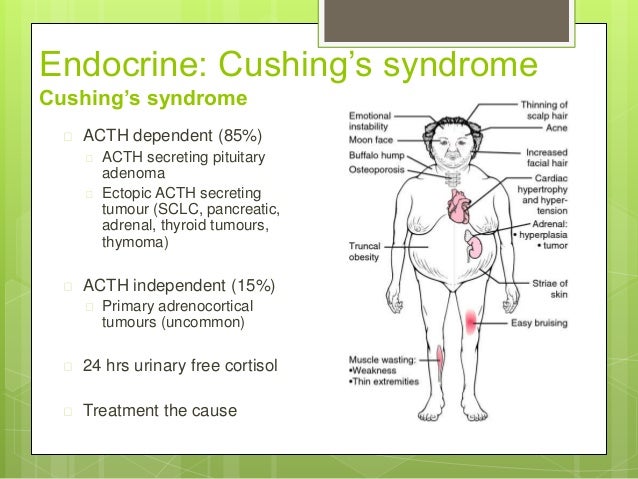 Cresskill, NJ: Creative Therapeutics, Inc.
Cresskill, NJ: Creative Therapeutics, Inc.
Langone, M. (ed) (1994). Recovery from cults: Help for victims of psychological and spiritual abuse. New York: W. W. Norton.
Wallerstein, J., Lewis, J., & Blakeslee, S. (2001). The unexpected legacy of divorce: The 25-year landmark study. New York: Hyperion.
17 Signs Of Parental Alienation & Effects On Adult Children
| What Is Not Parental Alienation | Parental Alienation vs. Parental Alienation Syndrome | Signs of Parental Alienation | Impacts On Adult Children Of Parental Alienation |
What Is Parental Alienation?
Parental alienation is the act of one parent attempting to turn the child or children against the child’s other parent through manipulation, criticism, or other negative behaviors without reasonable justification. The set of strategies used includes denying the child access, criticizing, encouraging disrespect, or forcing the child to cut ties with the other parent. An indoctrinated and controlled child feels unwarranted fear, hatred, and rejection toward the targeted parent and refuses contact with them.
An indoctrinated and controlled child feels unwarranted fear, hatred, and rejection toward the targeted parent and refuses contact with them.
This type of behavior is regarded as a form of child abuse.
Children impacted by this psychological abuse are said to have parental alienation syndrome (PAS), a term coined by American psychiatrist Richard Gardner in 19851.
What Is Not Parental Alienation
Parental alienation is one parent’s attempt to eradicate the child’s relationship with the targeted parent without legitimate justification. However, a child rejecting a parent on reasonable grounds does not constitute alienation.
Good reasons for the child’s rejection include a history of domestic violence, child physical, emotional, or sexual abuse, neglect, mental disorders, or substance abuse. Rejection due to these reasons is an estrangement, not alienation.
Because of this distinction, accusations of parental alienation and abuse are prevalent in high-conflict divorce cases in the family court system2.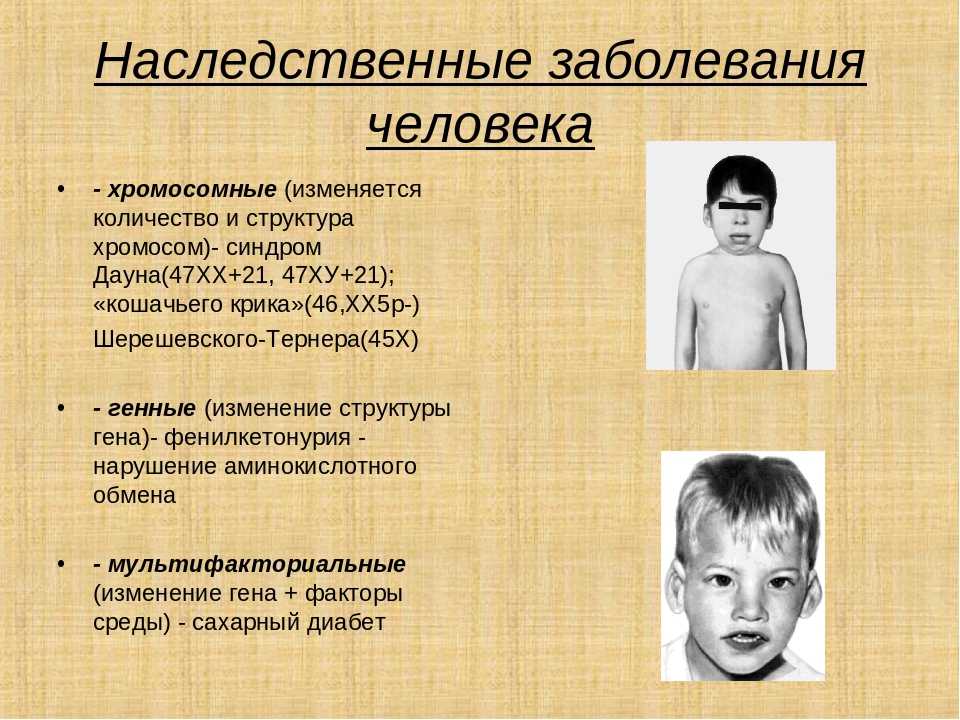
While one parent accuses the other of manipulating the child to reject them, the other side argues it is done in the best interests of the child, protecting them from the abusive parent.
In a high-conflict separation, a child is often dragged along in custody litigation and made to publicly denounce the rejected parent with accusations of abuse or abandonment, which causes them great distress.
Parental Alienation vs. Parental Alienation Syndrome
Parental alienation (PA) and parental alienation syndrome (PAS) are different.
Parental alienation refers to the alienating behaviors of parents, while parental alienation syndrome refers to the child’s symptoms.
However, researchers, authors, and legal professionals often interchange these two terms, causing much confusion3.
Further adding to the confusion is using terms such as parental alienation disorder (PAD) and parental alienation relational problem. The validity of this phenomenon is still up for debate.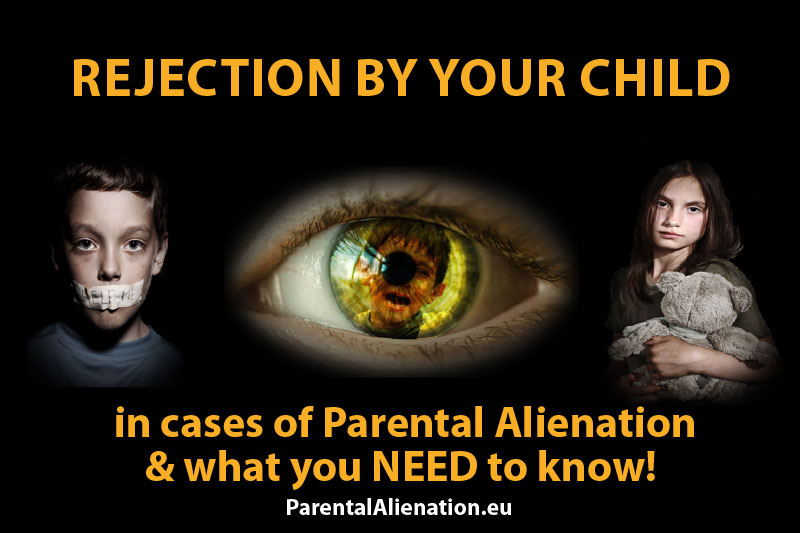
No matter what the term is used or whether it is recognized as a diagnosable disorder, parental alienation is associated with certain behavior patterns in the alienating parent and the alienated child.
Alienating Parent’s Behavior
Alienating parents frequently engage in the following harmful parenting practices4.
- General badmouthing
- Making the target parent appear dangerous or sick
- Sharing the child custody case or child support issues with the child
- Accusing the targeted parent of not loving the child
- Defaming the targeted parent in front of the authorities
- Restricting visitation or withholding contact information
- Sharing parental conflict and marriage issues with the child
- Making negative remarks about the targeted parent’s extended or new family
- Intercepting calls and messages from the targeted parent
- Hiding the child or moving away
The Child’s Behavior
Gardner has identified eight symptoms of parental alienation syndrome commonly found in alienated children5.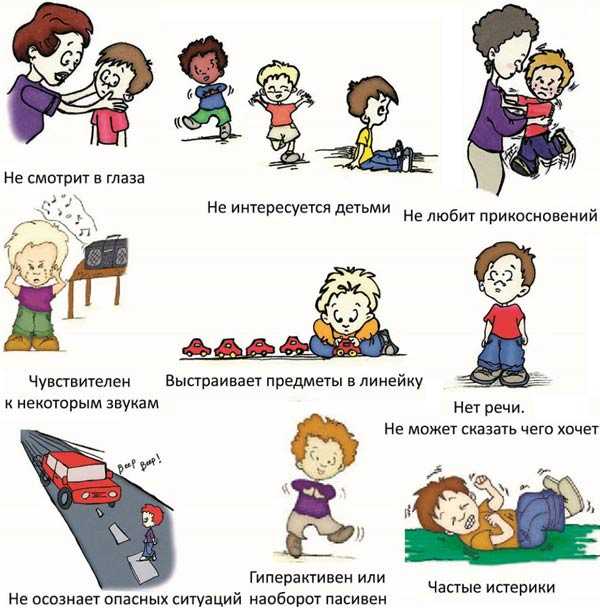
Campaign of denigration
The child may relentlessly engage in name-calling, criticizing, and deprecating the targeted parent.
Rationalizations
Rationalizing why the child rejects the parent is a common sign of parental alienation. When asked, the child gives weak, frivolous, or absurd rationalizations for their criticism
Independent thinker belief
The child insists that their feelings are their own, not that of the alienating parent.
Lack of ambivalence
The child perceives the alienating parent as all-good and the targeted parent as all-bad. Therefore, they support the preferred parent over the non-preferred parent regardless of the issue.
Absence of guilt over cruelty to the alienated parent
Since the child feels that the targeted parent is all-bad, they have no empathy for their treatment and appear to gloat about their hatred.
Use of borrowed scenarios
The child uses the memories or opinions from the alienating parent as their own justification.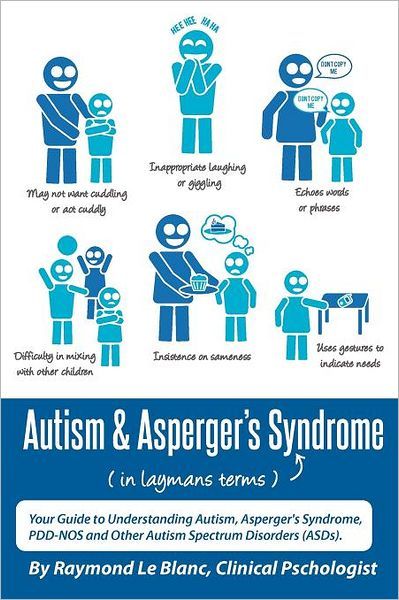
Spreading animosity
In severe cases, children actively spread animosity to the alienated parent’s extended family.
Impacts On Adult Children Of Parental Alienation
Parental alienation can have severe negative effects on children that last into adulthood6.
The negative psychological and social outcomes for the adult child due to improper parenting include the following.
Lower self-esteem
Low self-esteem and self-hatred are prevalent in adult children of parental alienation.
It can be devastating for a child to hear that their parent hates them and will never love them. An alienating parent often making that assertion can lead to low self-esteem and self-hatred in the child.
Major depressive disorder
Depression is a mental condition prevalent among adult children.
Depressive episodes are linked to feelings of being unloved by alienated parents and separation from them at an early age.
Lower self-sufficiency
When alienating parents deny the child the freedom to make independent decisions, self-sufficiency is undermined.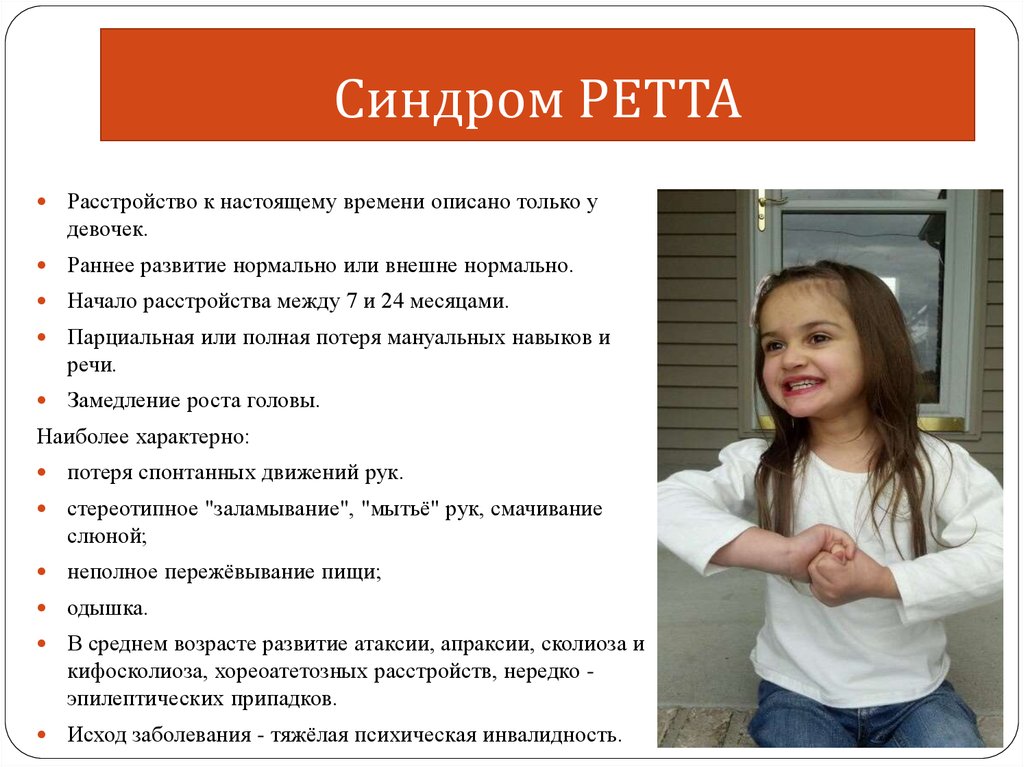 Thus, children lack the autonomy to develop a sense of self-reliance7.
Thus, children lack the autonomy to develop a sense of self-reliance7.
Insecure attachment style
A parent who alienates their child is often more concerned with their own needs than meeting the child’s needs; they cultivate dependency and manipulate the child psychologically to control them.
Children who grow up in such an environment tend to develop insecure attachments.
Drug/alcohol abuse
Adult children who suffer pain or loss as young children may turn to substance abuse as a way to escape their pain and loss.
Lack of trust
A lack of trust in themselves and others is a recurrent theme.
Some adult children believe that no one else would love and commit to them if their own parents didn’t love them enough to stay in their lives.
Alienation from own children
Tragedies tend to repeat themselves.
Many adult children have destructive patterns that lead to family breakdown, a poor parent-child relationship, and alienation from their own children.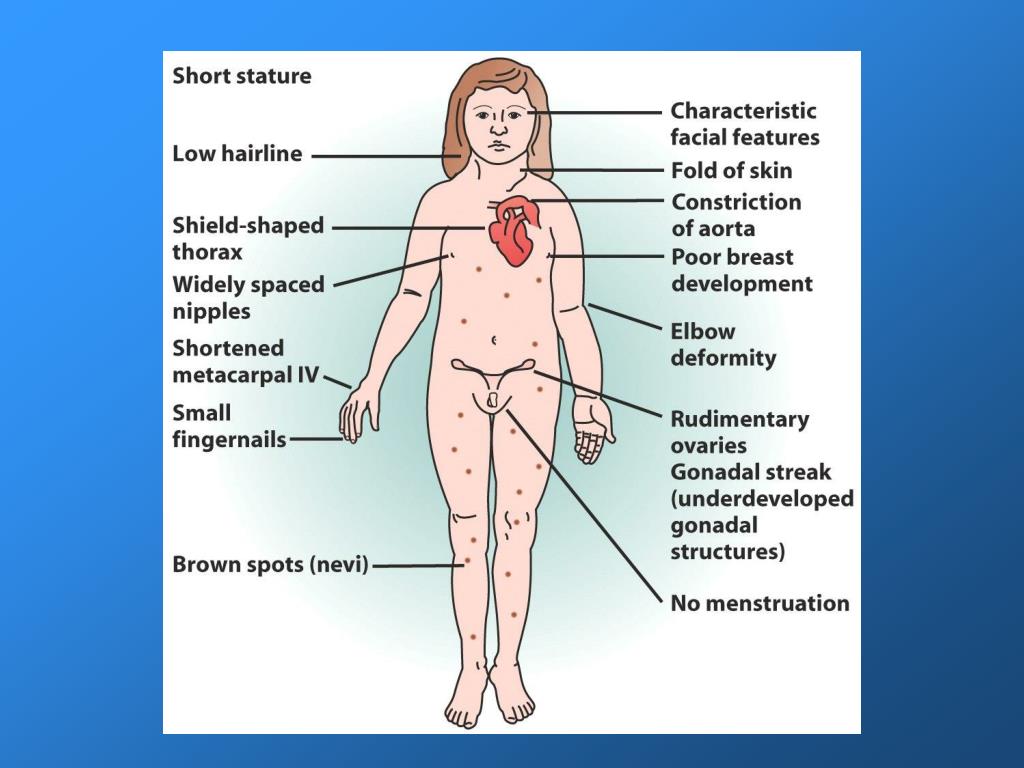
Divorce
This group has a higher divorce rate than the national average.
Adult children tend to choose life partners remarkably similar to their alienating parents. These partners put their own needs first, lacked empathy for others, and sought excessive control over them, eventually leading to a divorce.
Also See: Malicious Parent Syndrome
References
-
1.
Gardner RA. Parental Alienation Syndrome vs. Parental Alienation: Which Diagnosis Should Evaluators Use in Child-Custody Disputes? The American Journal of Family Therapy. Published online March 2002:93-115. doi:10.1080/019261802753573821
-
2.
Templer K, Matthewson M, Haines J, Cox G. Recommendations for best practice in response to parental alienation: findings from a systematic review. Journal of Family Therapy. Published online October 3, 2016:103-122.
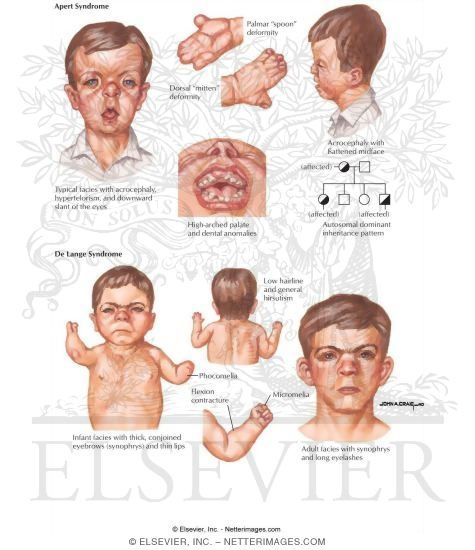 doi:10.1111/1467-6427.12137
doi:10.1111/1467-6427.12137 -
3.
Bernet W. Parental Alienation and Misinformation Proliferation. Family Court Review. Published online April 2020:293-307. doi:10.1111/fcre.12473
-
4.
Baker AJL, Darnall D. Behaviors and Strategies Employed in Parental Alienation. Journal of Divorce & Remarriage. Published online May 31, 2006:97-124. doi:10.1300/j087v45n01_06
-
5.
Darnall D. The Psychosocial Treatment of Parental Alienation. Child and Adolescent Psychiatric Clinics of North America. Published online July 2011:479-494. doi:10.1016/j.chc.2011.03.006
-
6.
L. Baker AJ. The Long-Term Effects of Parental Alienation on Adult Children: A Qualitative Research Study. The American Journal of Family Therapy. Published online July 2005:289-302. doi:10.1080/01926180590962129
-
7.
Ben-Ami N, Baker AJL. The Long-Term Correlates of Childhood Exposure to Parental Alienation on Adult Self-Sufficiency and Well-Being.
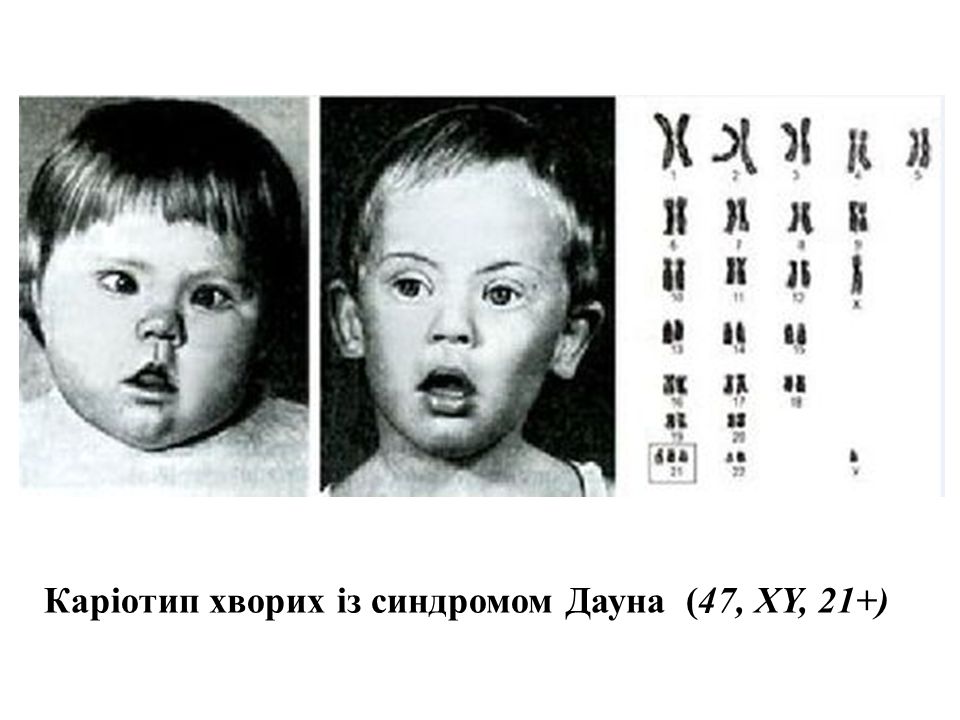 The American Journal of Family Therapy. Published online March 2012:169-183. doi:10.1080/01926187.2011.601206
The American Journal of Family Therapy. Published online March 2012:169-183. doi:10.1080/01926187.2011.601206
About Pamela Li
Pamela Li is an author, Founder, and Editor-in-Chief of Parenting For Brain. Her educational background is in Electrical Engineering (MS, Stanford University) and Business Management (MBA, Harvard University). Learn more
View all posts by Pamela Li | Website
Parental alienation syndrome: an expert's view //Psychological newspaper
Alienation from a parent is a clinically significant disruption of a child's relationship with a parent. It is expressed in unjustified hostility to the parent and refusal to communicate with him and all the people associated with him (for example, relatives from the side of the rejected parent).
Alienation syndrome is a colossal problem, because it leads not only to traumatization, but sometimes to mental disability. There are cases when older children, realizing that they were the victim of manipulation by the preferred parent and unfairly abandoned the second parent, commit suicide. There are not isolated cases when rejected parents voluntarily ended their lives, unable to withstand the stress of separation. In terms of the strength of the mental trauma for rejected parents, the alienation syndrome is comparable to the physical death of children.
There are not isolated cases when rejected parents voluntarily ended their lives, unable to withstand the stress of separation. In terms of the strength of the mental trauma for rejected parents, the alienation syndrome is comparable to the physical death of children.
The essence of the phenomenon is a pathological adaptation of a child to a manipulating adult, who turns the child against the second parent. Not being able to live separately from such a parent and completely dependent on him in all aspects of life, the child finds himself in a hostage situation. Hence the comparison of the alienation syndrome with the "Stockholm syndrome", when the hostage begins to justify the actions of the terrorist and show sympathy and sympathy for him. It's a way to survive, physically and psychologically.
The same mechanism underlies the alienation syndrome - the child takes the side of the parent who forces him in various ways (including non-violent ones) to abandon the second parent, insult him, throw him out of his life.
Deep down, children want to be able to openly express their affection for the rejected parent, but they fear the aggressive response of the custodial parent. The problem is that at a certain point, children themselves begin to believe that they hate the parent.
One of the forms of pressure on the child is emotional detachment, coldness and refusal to give love if the child allows himself to express a positive assessment of the other parent. Alienation is a form of child abuse. And experts on the PAS problem consider it a global mistake to believe that alienation always arises as a result of the mutual responsibility of the parties for a difficult conflict divorce. Most often, it is one parent, the parent-inducer, that becomes the cause of alienation.
Alienation from a parent can be distinguished from simple opposition in a number of ways.
- The arguments that the child provides in his rejection of the parent do not correspond to the strength of hostility.
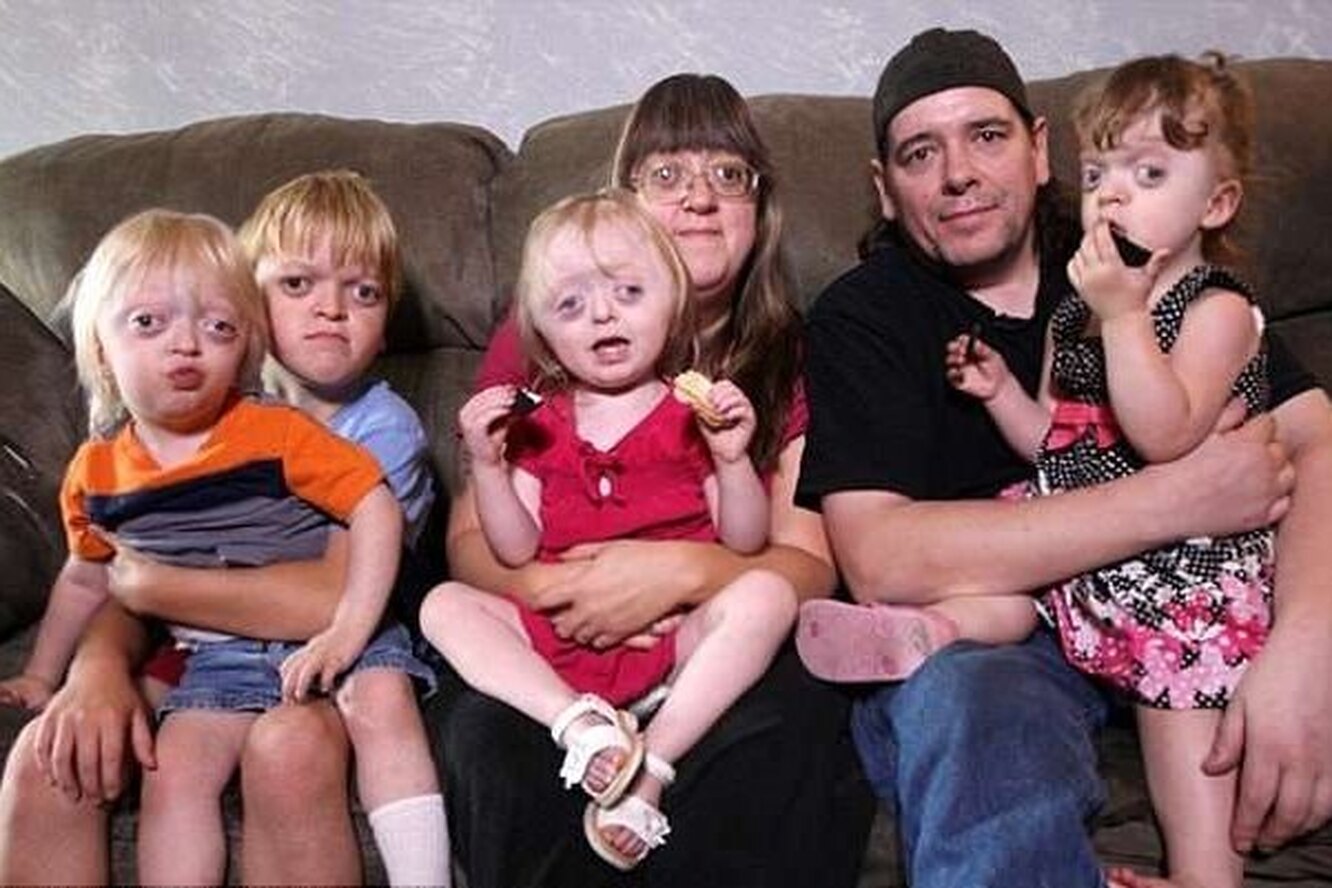 Arguments are always weak or absurd, yet the hostility is real and all-encompassing.
Arguments are always weak or absurd, yet the hostility is real and all-encompassing. - The phenomenon of an “independent thinker” - the child claims that this is his personal opinion and no one urged him to abandon the victim parent.
- Refusal of the child from the positive memory of the parent-victim. The child says that “there was no good” or “the good that was does not matter.”
- The spread of hatred to all relatives of the rejected parent, his pets and friends.
- The dichotomy of the child's thinking in relation to parents: one parent is completely good, the second is completely bad. Moreover, in other matters (study, social life), the child can be adequately critical and see the nuances.
- The child automatically comes to the defense of the preferred parent in any situation.
- The child does not feel guilt, shame, regret when he offends and humiliates the victim parent.
The problem is exacerbated by the fact that psychologists present many illiterate conclusions to the court.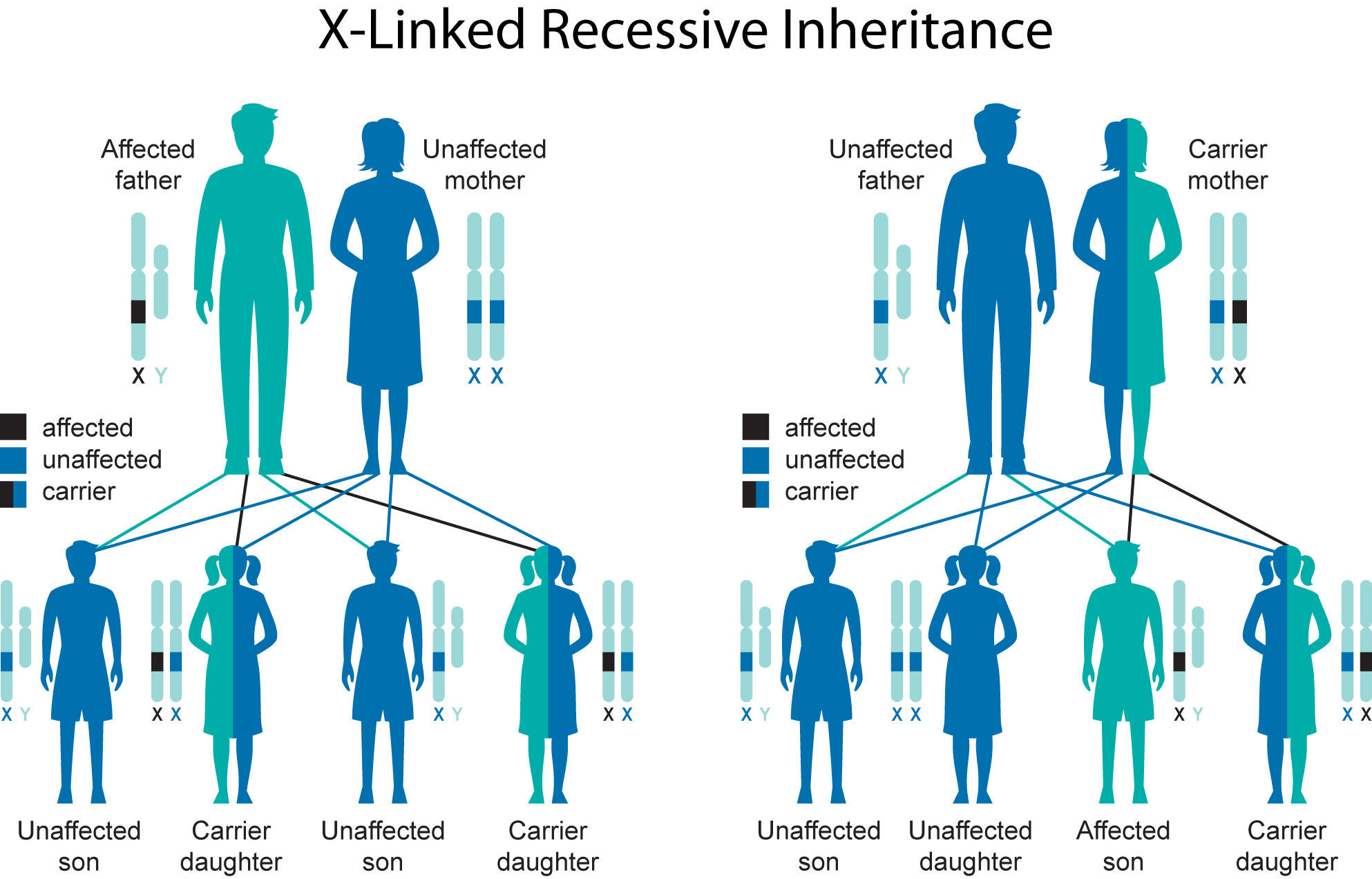 They write, excuse me, criminal stupidity, namely: “A child has his own opinion about his mother, he does not want to communicate with her. The child should be allowed to make his own decisions about this. If he doesn’t want to communicate, then his opinion must be taken into account. ” In this case, the specialist does not understand that he is dealing with a suggested state caused by the natural age suggestibility of the child and his dependence on the guardian adult. The child does not have sufficient experience and forecasting skills to understand what unreasonable abandonment of a parent means for him. The specialist does not see that before him is the processed thinking of the victim, although the child will actively assert his independence in this matter. But this is not the case in all cases. As they say, the devil is in the details. Sometimes the behavior of a child who adapts to an alienating influence is not devoid of free will. These cases should be analyzed in a separate article.
They write, excuse me, criminal stupidity, namely: “A child has his own opinion about his mother, he does not want to communicate with her. The child should be allowed to make his own decisions about this. If he doesn’t want to communicate, then his opinion must be taken into account. ” In this case, the specialist does not understand that he is dealing with a suggested state caused by the natural age suggestibility of the child and his dependence on the guardian adult. The child does not have sufficient experience and forecasting skills to understand what unreasonable abandonment of a parent means for him. The specialist does not see that before him is the processed thinking of the victim, although the child will actively assert his independence in this matter. But this is not the case in all cases. As they say, the devil is in the details. Sometimes the behavior of a child who adapts to an alienating influence is not devoid of free will. These cases should be analyzed in a separate article.
Sometimes professionals become fused with an inductor (aggressor) parent when the parent brings the child into therapy or counseling. And even if the psychologist sees the groundlessness of children's hostility to the other parent, he turns a blind eye to it. Acts as an advocate for his client, not as a mental and psychological health professional.
Ethical violations in this topic are further developed when the alienated parent tries to talk to a psychologist about his relationship with the child or inquire about his psychological well-being, but is refused even an appointment for a consultation under any plausible pretext. The subjectivity of assessments is evident here. And then such a specialist is summoned to court to testify. And this becomes a disaster for the real mental well-being of the child and its alienated parent.
This is a very complex ethical, psychological, social and legal problem. Not all psychologists even know that, for example, the right of confidentiality, on the basis of which they are trying to refuse a conversation with a parent, does not legally exist for a psychologist. By law, only lawyers and priests have this right. And the psychologist cannot use the law on medical secrecy either.
By law, only lawyers and priests have this right. And the psychologist cannot use the law on medical secrecy either.
Alienation from a parent is included in ICD-11 code QE 52.00. The wording sounds like "a clinically significant violation of the relationship with the parent / guardian." Initially, a more precise and direct definition was adopted - the alienation syndrome, but the Spanish lawyers' lobby, the Association of Women Judges, in partnership with a powerful feminist community, used all their influence to make the wording in ICD-11, if not disappear, then at least become vague and generalized. And now we have a definition already edited by the efforts of opponents of the alienation syndrome.
Opponents of recognizing this problem appeal to such arguments.
- The concept of alienation syndrome is allegedly used mainly against women by unreliable men, so "the patriarchal vicious practice of war against women must be stopped."
- Since children are more often left with their mothers, an active feminist lobby wants to perpetuate this practice, prevent fathers from asserting their paternal rights and block the transfer of male upbringing and behavior to children.
 However, for women who have suffered from alienation from ex-husbands, this lobby is only worse.
However, for women who have suffered from alienation from ex-husbands, this lobby is only worse. - The concept of alienation is allegedly used to cover up child sexual abuse by pedophile fathers
In fact, the roots of such a policy go very, very deep. They are associated with a trend towards the elimination of the institution of traditional marriage, the separation of the child from the model of education, focused on the union of a man + woman. The purpose of separation is to raise a child in any alternative paradigm and wean consciousness from the traditional idea of a family. In addition, now (for example, in Spain) the concept of “sexual freedom” is being actively lobbied, with which feminists are trying to replace the concept of “sexual violence”. Children are the target of this strategic task of changing values.
Golden Psyche
Tatyana Sergeevna Gerasimenko
nominee
based on the results of 2021
Environmentally friendly divorce. How to protect your child from injury and get out of the crisis yourself
How to protect your child from injury and get out of the crisis yourself
Read more
In addition, there is a traditional opinion that women, in principle, cannot carry out psychological violence against their own children. In contrast to this conventional wisdom, a unique book by an English forensic psychologist appeared Anna Motz Psychology of female violence. Crimes against the body. It is not about alienation from a parent, but describes the practice of female violence towards their children.
Personally, I have to deal with both alienated mothers and fathers. I am against gender opposition in this topic.
In addition, the argument "the child himself does not want to communicate, let's listen to the opinion of the child" is very much in line with the new trend of the post-truth era being promoted. When objective criteria are tried to be ignored, and information is presented in a certain context and form.
The trend for performance, subjective evaluation and information manipulation works here too. One of the activists, Beatriz Preciado , was seen at one of the conferences declaring that "the verification apparatus will no longer be scientific, but will become performative." Those. it is not the conclusions of the examination that should be taken into account, but statements, subjective assessments and staging with the participation of the injured party.
Among the opponents, however, there are also specialists from the psychological communities who believe that the concept is unscientific, unproven. They believe that PAS is a simple disorder of the relationship between the child and the parent, which cannot rise to the level of scientific classification and treatment due to the lack of an etiological connection between the pathology and its consequences.
The legal system also does not like to face this problem, because legal forms of influence on this family conflict have not been developed. In addition, judges often doubt that the hostility of the child can be overcome, respectively, make decisions that ignore the fact of manipulation by the parent and the presence of the child's alienation syndrome. Mechanisms for regulating this conflict have not been developed. Accordingly, there is no sufficient judicial practice. And the big problem is the lack of information. Neither lawyers nor guardianship services know about this phenomenon. From this follow erroneous decisions and estimates.
In addition, judges often doubt that the hostility of the child can be overcome, respectively, make decisions that ignore the fact of manipulation by the parent and the presence of the child's alienation syndrome. Mechanisms for regulating this conflict have not been developed. Accordingly, there is no sufficient judicial practice. And the big problem is the lack of information. Neither lawyers nor guardianship services know about this phenomenon. From this follow erroneous decisions and estimates.
Experts describe this as a form of child abuse, as a suggested mental disorder, as a negative induction of a child by one parent towards another. Often they do not diagnose the problem at all, but describe that “everything is in order”, the alienating parent is a good, positive parent with a stable attachment to the child, does not harm the child, and the alienated parent must mitigate the conflict himself, correct his mistakes in education and communication, “stop pushing” and “wait until better times when the child’s opinion changes. ”
”
The syndrome of alienation of the parent is fraught with delayed consequences for the child, which will manifest themselves in adulthood. Among them are depression, phobias, loss of identity, inability to rely on one's feelings as a guide in life, low self-esteem, inability to build partnerships, and suicides. Also, grown-up children themselves become the object of alienation from their already partners, i.e. they are alienated from their own children. It also happens vice versa. Such people themselves become alienators and cripple their children, deprive them of their mother or father through the policy of psychological destruction. I know cases, for example, when a daughter was estranged from her father, he committed suicide. Now this woman, who lost her father in childhood, herself alienates her ex-husband from their common child, i.e. transgenerational transmission of trauma is evident.
Defeating alienation syndrome, as a rule, can be done fairly quickly. But only with the help of correct judicial decisions and directive alternative therapy under the control of the court. So I thought some time ago, but new observations from practice have accumulated. The inner subjective motives of the child are also woven into the state of rejection of the parent, which make his susceptibility to alienation high or low. Therefore, one should not immediately discount the internal psychological process of the child, the dynamics of his assessments and emotions. This complexity makes a challenge to the diagnostic instinct of a specialist, sets a high bar for the development of assessment methods and makes it difficult to resolve the issue in court.
So I thought some time ago, but new observations from practice have accumulated. The inner subjective motives of the child are also woven into the state of rejection of the parent, which make his susceptibility to alienation high or low. Therefore, one should not immediately discount the internal psychological process of the child, the dynamics of his assessments and emotions. This complexity makes a challenge to the diagnostic instinct of a specialist, sets a high bar for the development of assessment methods and makes it difficult to resolve the issue in court.
Whether it is possible to prevent alienation syndrome is a more difficult question. I think it is necessary to immediately determine the place of residence of the child and the procedure for communicating with him before filing for divorce. I also consider it important to introduce mediation practice into the norm, when spouses can agree on important points with the help of a mediator before a difficult conflict unfolds.
It is also very important that parents understand in time that a campaign of alienation and denigration has begun. As far as I can tell from my practice, they recognize the problem too late.
And it is important to breed as environmentally friendly as possible. Make every effort to do so. I believe that my book Green Divorce makes its modest contribution to this important and difficult task.
In conclusion, I would like to say that the alienation syndrome requires a lot of discussion: about the problem of the glossary, about the diagnosis of emotional abuse, about reliable methods for diagnosing trauma and its genesis, about pathological and healthy attachment, about legal levers of influence on families where this syndrome is present, and about system of social support for families by escort services.
SOS for parents, psychologists, lawyers and psychiatrists //Psychological newspaper
We publish a fragment of the chapter “Alienation Syndrome”. SOS for Parents, Psychologists, Lawyers and Psychiatrists” from the book of psychologist Tatyana Gerasimenko “Ecological Divorce. How to protect a child from trauma and get out of the crisis yourself?
...Children who have been subjected to alienation syndrome sincerely hate the second parent, consider him a "fiend", a man without a single dignity. Children amnesize (forget) all the good things that connected them with their parent, they are sure that “nothing good has ever happened”.
Children with alienation syndrome behave violently towards the second parent and do not feel guilty about it. Such children are not interested in hearing the point of view of the victim parent. No logical arguments work on children. Surprisingly, all this can develop against the background of an excellent relationship with the parent until the moment the syndrome appears.
This phenomenon was discovered by a child psychiatrist and forensic expert Richard Gardner , who has worked extensively with family conflicts for several decades. The essence of the phenomenon is that one parent programs the child with hatred for the other parent. As a rule, the initiator of hatred is the custodial parent. Through his actions, the child's love for the other parent is replaced by contempt, hatred, and cruelty. The purpose of the action is to completely destroy the emotional connection of the child with the second parent.
The provocateur parent puts psychological pressure on the child to speak ill of the other parent. Manipulations of any caliber are used: from caresses and gifts to beatings, intimidation, blackmail, objective influence. In this scenario, it is pointless to ask the child: with whom do you want to live? Who do you love? The child is a hostage to the pressure and objective authority of an adult, and in order to psychologically survive, he will say "what is supposed to be."
In essence, the process of alienation is a sophisticated methodical emotional abuse. Introducing the child to the actions of psychological destruction of the second parent, the parent-inducer “binds” the child to himself in the same way as a provocateur puts a knife into the hands of a doubter with a firm: “Finish it!” And the one who finishes off is forced to justify his actions with the alleged justice of the punishment. He simply has no other choice.
In clinical terms, parental alienation syndrome is a variant of pathological adaptation to the conscious (or unconscious) manipulation of the parent-inducer. And when a psychologist is faced with a similar situation, he needs to study the personal characteristics of not only the child himself, but also each parent, which is technically possible only when conducting a comprehensive psychological and psychiatric examination of the participants in the trial.
The alienating parent's personality disorder is rarely visible to the "naked eye", at 99% of cases require clinical and psychological diagnosis. The most severe cases of alienating behavior (eg, child sexual abuse slander) are associated with the manipulative parent's personality disorder or mental illness
A child who lives with a parent provocateur often has neurotic symptoms, anxiety, fears, behavioral problems, depression, somatic symptoms, and marginal psychopathy may develop.
Studies of growing children separated from one of their parents due to alienation have shown that they have forever retained personality traits:
- tendency to depression and depression as such;
- low self-esteem;
- guilt;
- distrust of oneself and others, insecurity;
- problems with partners in adulthood.
An analysis by Parent-Child Relationship Forensic Specialist Amy Baker , PhD, found that in adulthood, alienated children themselves were also "cut off" from their own children by their partners. I conclude from this that the pattern of dependency (from the inductor parent) learned in childhood forced these people to form alliances with manipulative partners who have the potential for alienating behavior. As a result, they again became its (syndrome) victim.
As a rule, the parent - the provocateur of the syndrome has a personality disorder, in other words, is a psychopathic personality (using the old terminology). However, as practice shows, before the divorce, he could behave in a completely adaptive and satisfactory manner. This does not quite fit into the usual concept of a "psychopath", whose pattern of behavior should be guessed earlier (conflict, periodic social maladjustment, difficulties in maintaining relationships, affectively conditioned thinking). But there are other traits of the psychopathic personality: using the other parent (and your child) without empathy, without remorse, without regret. Ignoring the developmental needs of their child, the manipulative parent solves his emotional problems (cause maximum harm to the former partner in any way and arrange a comfortable life for himself).
I have already described above that the "injured" parent should try as much as possible to develop independent thinking in the child, ask him questions that appeal to a critical assessment. Whereas the alienating parent seeks to stifle as much as possible the child's ability to think and make decisions independently. He demands excessive attachment to himself, uses emotional blackmail and does everything possible to subdue the will of the child (forms emotional dependence). As a result, the personality of the child becomes disabled.
This is done in order to obtain psychological and material benefits. It is easy and pleasant for a parent provocateur to feel that he can, at his own discretion, raise a child as he pleases, not be hampered by the need to compromise on the schedule, regimen and, in general, the child's pastime. The parent provocateur gets moral pleasure from trampling the former partner into the mud and from the feeling of his own power.
Such a parent is indifferent to what inflicts trauma on the child, which will affect his entire future life, because he also considers the child not as a person, but as his appendage. He explains his behavior simply: “Yes, there is no injury and there will not be, everything is normal with the child. We (with a child) do not need this negligent father / insignificant mother, let him stay away.
Such an adult sees a child as a way to satisfy his emotional needs. The child becomes a narcissistic extension of the father or mother. A wonderful observation was made by one of the family psychologists: “If a child positions himself “above the parent”, this is because the child “stands on the shoulders” of the other parent. If you, as a specialist, observe such a situation, this is a direct indication for checking for the presence of alienation syndrome.
One type of personality disorder that manipulative parents have is narcissistic personality disorder. It should not be confused with the epithet "narcissus", which is popular in everyday life. In the everyday sense, "a narcissist is a narcissist." Narcissistic personality disorder is a clinically significant pathology characterized by a global pattern of grandiosity of the self, a lack of empathy for others, an increased dependence on external evaluations, and an exploitative style of dealing with people. This is a persistent and profound impairment of perception and understanding of oneself, people and the world, which leads to inadequate and rigid patterns of mental activity, emotional experience and behavior. Pathology manifests itself especially clearly in interpersonal relationships (exploiting style of attitude towards others).
The best way to confront the problem is to understand in a timely manner that systematic actions are being taken to tear the child away. In my practice, as a rule, the parent-victim realizes the problem too late, when they can no longer do it on their own and need to involve lawyers. Then the question arises of the need to write a conclusion of a psychologist and psychological examination. The victim parent himself needs constant support in the fight against monstrous chronic pain so that he does not despair and so that his behavior does not become deeply reactive ("how I am treated - this is how I feel"). The help of a specialist is needed so that a feeling of helplessness and depression does not form. Of course, it is difficult to support in the absence of objective hopes for improvement, but the passivity of behavior only exacerbates the alienation of the child and is for him a confirmation of the thought “my parent left me and cares little about me - I thought about him like that. ”
Psychological assistance centers can become a place for the transfer of a child (by court order) “from hand to hand” from one parent to another. Otherwise, with a strongly pronounced alienation syndrome, the parent-victim will not be able to exercise his right in court to communicate with the child in one schedule or another. In my practice, there was a case when a manipulative father held his daughter on his lap, when the victim mother came to pick up the child in order to spend time with him due to the court. Both the father and the estranged child mocked the mother, called her "stinky" and humiliated her in every possible way. The court's decision to transfer the child in accordance with the approved schedule was never implemented. Therefore, the world experience of judicial practice (except Russia) uses psychological assistance centers as a platform where, under the supervision of a specialist, a child is transferred from one parent to another. And this is justified and correct.
Such an approach is also sparing for a child who is, as it were, “hostage” by a provocateur parent. The alienated child can go to the second rejected parent without feeling guilty before the idealized parent. "he was forced."
In this case, the child is not afraid of sanctions from the parent-manipulator, since the meetings with the second parent were allegedly organized under pressure. In fact, the alienated child wants to see a second parent (except in situations of severe alienation), but hides this desire even from himself. The manipulative parent knows perfectly well that the best cure for his manipulation is good communication between the second parent and the child. For this reason, the provocateur parent maximally prevents any communication with the humiliated parent and his relatives. In my practice, there was a case when an inductor parent forbade his daughter to be friends with an old friend (with whom the relationship lasted for several years in a row) only because he saw how the victim parent greeted the mother of the child's friend.

